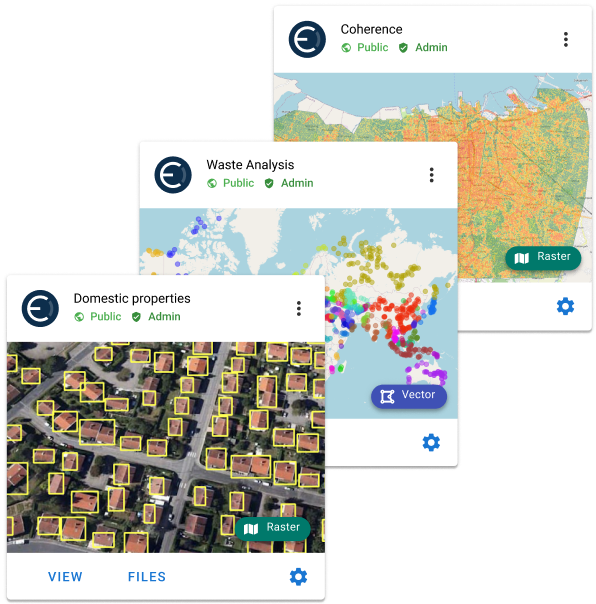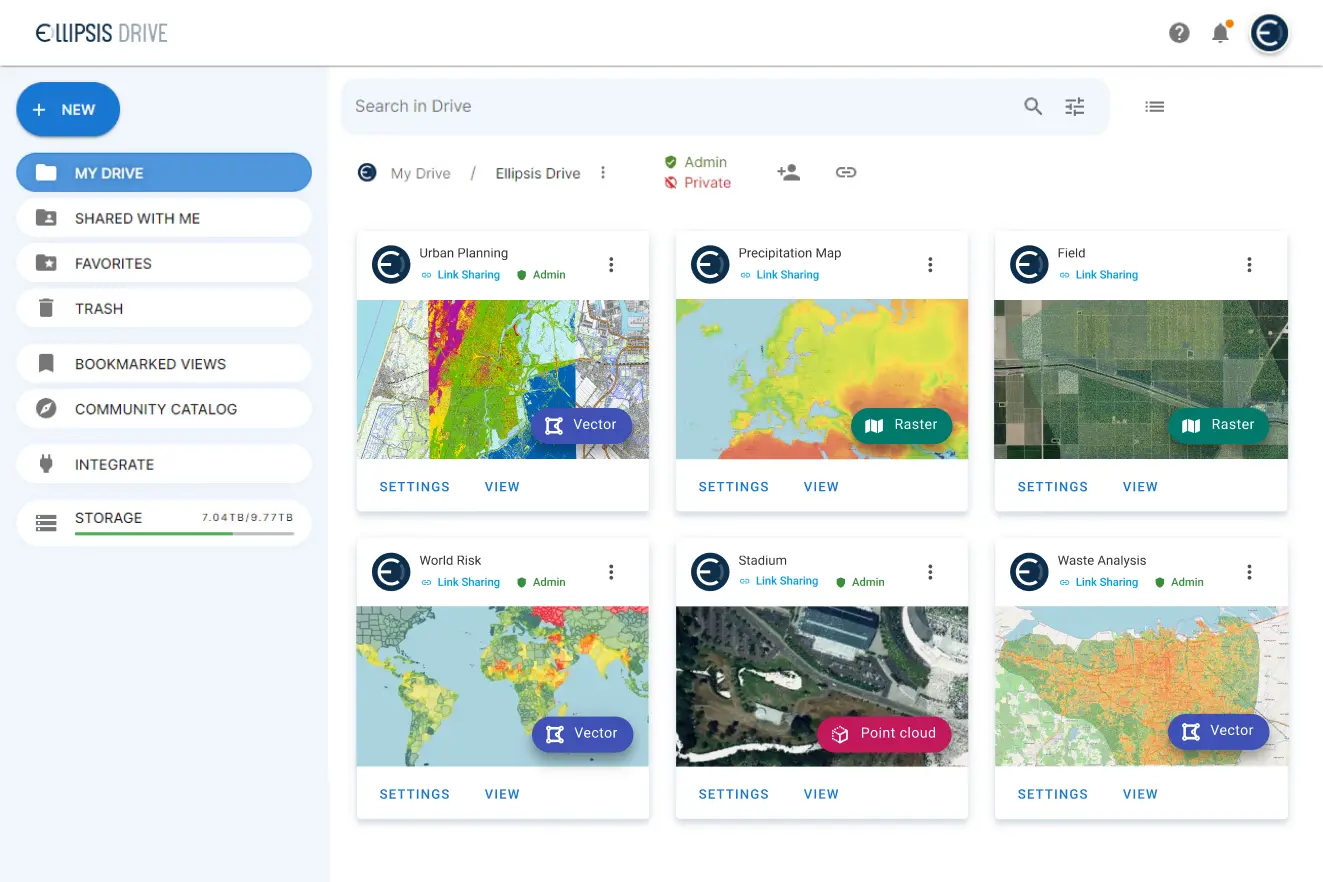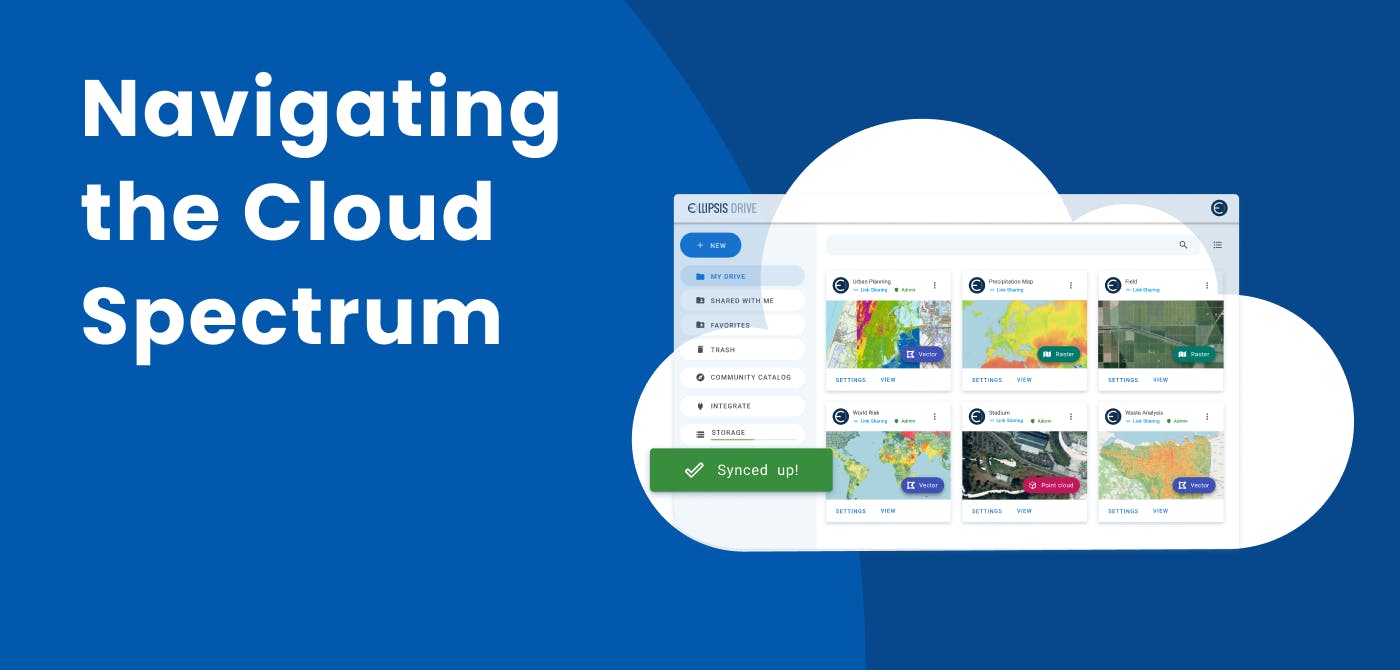GIS
How does GIS bolster Citizen Science?

Growing up, we learn all about science, explaining why things are the way they are in our stunning world. Unfortunately, many sciences are met with controversy and unease, especially when the general public has access to it. Why is this so? In many cases, it stems from many individuals misunderstanding what science is and how it works. Such misunderstanding is caused by the lack of education, media, or even stigma. In fact, it is this misunderstanding that has chased away people from the sciences. The failure of applying the scientific method is lost, and many people see no interest in science.
Fortunately, things do not have to be this way. One great way to bolster sciences for the people is through what we call Citizen Science.
Contents
What Is Citizen Science?
Put simply, citizen science is the involvement of the general public in the collection of data for scientific projects. Great examples of these include bird watching, where bird watchers worldwide contribute what they have observed to the Christmas Bird Count that started back in 1900. Through tools like the eBird web tool, millions of birds are reported and recorded each year—a great example of what citizen science is all about.
What Is Enabled Citizen Science?
As you may have realized, citizen science has been around for quite some time, especially knowing that the Christmas Bird Count started in 1900. Through the collective efforts of the public who share the same interest, such projects can be done at a considerable scale. That being said, with the introduction of today's technology, such efforts are made even more effective and widespread. One of the most prominent examples of this is the birth of the internet that has allowed people worldwide to connect and share their findings.
That said, if there is one technology that has significantly supported citizen science, it is something known as GIS.
How Does GIS Support Citizen Science?
GIS, short for Geographic Information System Mapping, is a technology that creates, manages, analyzes, and maps various data. It helps everyone quickly understand, interpret, and visualize the world according to the data. This helps to form trends, patterns, and relationships that make data much more digestible. Through this, the sciences have become much more believable and acceptable to the general public when they see how data is collected and how it relates to the ongoing project.
For example, GIS can showcase how much land is used for specific activities like farming. This helps people to understand just what portion of the land is used for agriculture, rather than simply giving people a flat number with no image or a way to comprehend things in the mind.
Utilize GIS to Bolster Findings
GIS can be as complex or as simple as one wants it to be, depending on what kind of data is being handled. Regardless, GIS makes science much more understandable and, in some cases, relatable. Through GIS, the citizens of the world can further acknowledge the data collected by scientists or the general public. Plus, it makes science much more exciting and fun to learn, attracting more and more people to become scientists who work hard for knowledge that will benefit not only themselves but the world around them.
Ellipsis Drive offers a simple storage-based business model to give companies access to the storage solution to use, share, and sell spatial data. If you are looking for cloud GIS software to support your company, work with us today!
Liked what you read?

Subscribe to our monthly newsletter to receive the latest blogs, news and updates.
Take the Ellipsis Drive tour
in less than 2 minutes'
- A step-by-step guide on how to activate your geospatial data
- Become familiar with our user-friendly interface & design
- View your data integration options

Related Articles

Navigating the Cloud Spectrum: From Generalist to Specialized, and the Perfect Middle Ground
The modern cloud ecosystem spans a wide spectrum of offerings, from general-purpose infrastructure to highly specialized platforms built for domain-specific tasks. At one end, generalist clouds provi
5 min read

Unlocking the Potential of Data: Comparing Tabular and Non-Tabular Protocols
The world of data is a complex landscape and each year, the complexity of that landscape grows exponentially. A combination of new data capturing technology, data processing technology and demands fo
6 min read

Understanding the importance of GIS in Urban Planning
Cities are robust places filled with life, but before it becomes a cosmopolitan paradise, plenty of ever-evolving complexities are happening behind the scenes to bridge the gaps and create an area spa
3 min read